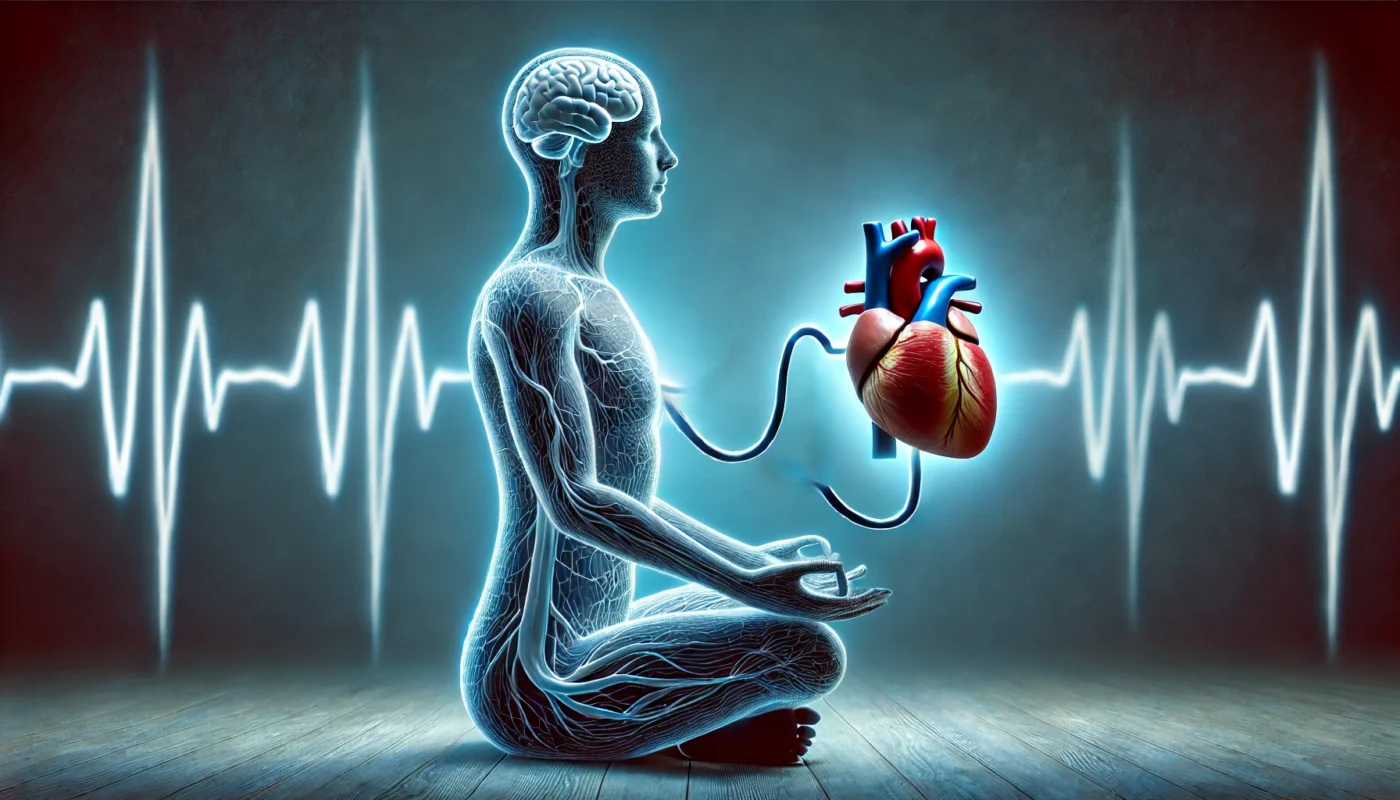Hypertension, or high blood pressure, is a global health challenge affecting over 1.28 billion adults worldwide, according to the World Health Organization (WHO). Often dubbed the “silent killer,” hypertension typically presents no symptoms but significantly increases the risk of cardiovascular diseases, stroke, and kidney failure. Traditional methods of diagnosing and managing hypertension, while effective, are largely reactive, focusing on treating the condition after it develops. Recent advances in artificial intelligence (AI) are transforming this landscape by enabling predictive analytics to identify individuals at risk before hypertension manifests, paving the way for earlier intervention and improved health outcomes.
Tag Archives: Cardiovascular Wellness
Hypertension, or high blood pressure, is one of the most common chronic health conditions globally, affecting nearly half of all adults. It is a leading risk factor for cardiovascular disease, stroke, and kidney failure, making its management a priority for millions. While medications and lifestyle changes like diet and exercise are well-documented interventions, alternative approaches such as mindfulness and meditation have gained increasing attention as tools for lowering blood pressure. This article critically reviews the science behind meditation and its role in hypertension management, exploring the evidence, mechanisms, and practical implications for integrating meditation into a comprehensive treatment plan.
Hypertension, or high blood pressure, affects nearly half of adults worldwide and is a leading risk factor for heart disease, stroke, and kidney failure. While physical factors such as obesity, poor diet, and lack of exercise are well-recognized contributors, the psychological components of hypertension are often overlooked. Chronic stress, anxiety, and unhealthy thought patterns can significantly impact blood pressure regulation, making mental health an integral aspect of hypertension management. Cognitive Behavioral Therapy (CBT), a structured and evidence-based psychotherapeutic approach, offers tools to address these psychological factors, empowering individuals to gain better control over their blood pressure. This article explores the role of CBT in hypertension management, its mechanisms, and how it complements traditional treatments.
Hypertension, or high blood pressure, is a chronic condition that affects nearly half of adults worldwide and is a leading risk factor for cardiovascular diseases, stroke, and kidney failure. While its causes are multifaceted, the impact of stress on blood pressure has been widely acknowledged. Emotional resilience—the ability to adapt and recover from stress and adversity—has emerged as a powerful tool in managing hypertension. By cultivating emotional strength, individuals can mitigate stress-related blood pressure spikes and improve their overall heart health. This article explores the connection between emotional resilience and hypertension, the physiological mechanisms involved, and practical strategies to enhance resilience and protect against hypertension.
Hypertension, or high blood pressure, is one of the most prevalent chronic health conditions worldwide, affecting nearly half of the adult population. A leading contributor to cardiovascular disease, stroke, and kidney failure, hypertension is often exacerbated by stress and poor lifestyle choices. While medications and physical activity are commonly prescribed to manage high blood pressure, emerging research highlights the potential of mindfulness practices, including journaling, as a complementary approach to reduce stress, lower your blood pressure, and improve overall health. This article delves into the science behind journaling and its potential impact on blood pressure, exploring how self-reflection can become a valuable tool in hypertension management.
Hypertension, or high blood pressure, is often described as a silent condition due to its lack of obvious symptoms. However, its implications extend far beyond physical health. Living with hypertension can lead to significant psychological and emotional challenges, including stress, anxiety, depression, and even social isolation. These mental health burdens can, in turn, exacerbate blood pressure issues, creating a harmful cycle that impacts overall well-being. Recognizing and addressing the psychological burdens of hypertension is essential for achieving holistic health. This article explores the mental and emotional challenges associated with hypertension and provides evidence-based strategies for coping.
- 1
- 2






